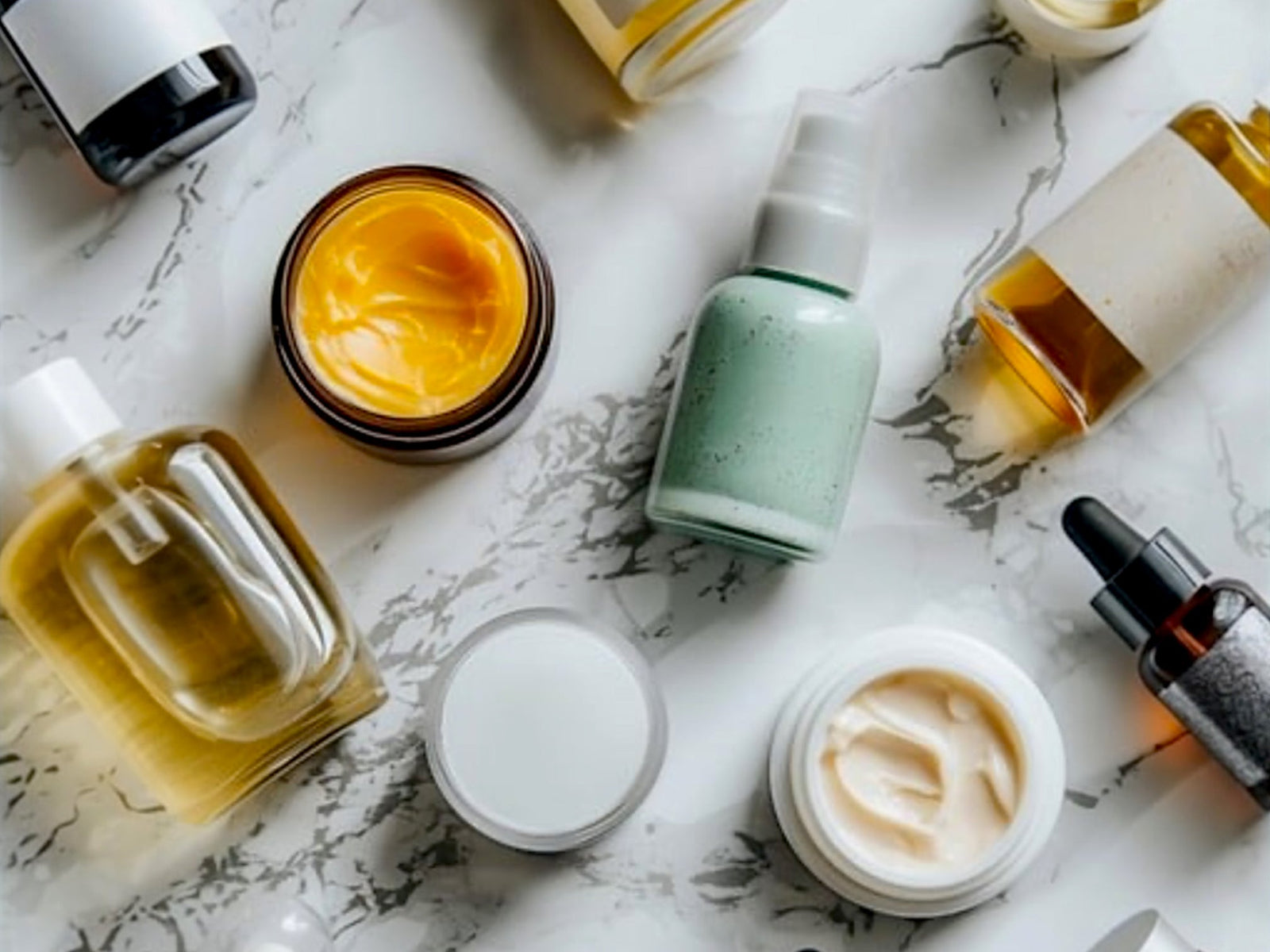In a fast-paced world filled with responsibilities and daily demands, it’s easy to put self-care on the back burner. Many people feel that taking time for themselves is indulgent or even selfish. However, the truth is that self-care is essential for maintaining a balanced and healthy life. Without it, we can become overwhelmed, stressed and ultimately burnt out. By incorporating simple self-care practices into your routine, you can nurture your mind, body and spirit, leading to greater overall well-being.
Understanding the Importance of Self-Care
Self-care is about taking intentional actions to care for your physical, emotional and mental health. It’s not just about pampering yourself or taking a day off—it’s about creating a lifestyle that promotes balance, resilience and overall happiness. By practicing self-care regularly you can:
-
Reduce stress: Engaging in self-care activities helps to lower stress levels, reducing the negative effects stress has on your body and mind.
-
Enhance mental clarity: Self-care allows you to take a step back, reflect and refocus, improving your ability to think clearly and make better decisions.
-
Boost emotional well-being: Taking time for yourself improves mood, reduces feelings of anxiety and fosters a sense of inner peace.
-
Improve physical health: Engaging in physical self-care, such as exercise or healthy eating, boosts your body’s immune system and overall health.
-
Increase productivity: When you take care of yourself, you are better equipped to handle challenges, leading to increased productivity and success in daily life.
Self-Care is Essential for a Balanced Life
The concept of balance means maintaining harmony in all areas of life—work, relationships, physical health, and mental well-being. Without self-care, it’s easy to fall out of balance. You might find yourself feeling drained, irritable, or disconnected from your own needs. Incorporating self-care practices helps to maintain this balance by allowing you to recharge and reconnect with yourself.
When you prioritise self-care, you give yourself the space to rejuvenate and prevent burnout. It allows you to show up as the best version of yourself for others, whether at work or in personal relationships.
Easy Self-Care Practices to Start Today
Self-care doesn’t have to be time-consuming or complicated. There are simple, effective practices you can start today that will have a positive impact on your overall well-being. Here are some easy self-care ideas to help you get started:
Start with Mindful Breathing
Mindful breathing is one of the simplest ways to calm your mind and body. Taking just a few minutes each day to focus on your breath can help you release stress and center yourself. Try this practice:
- Sit in a comfortable position with your eyes closed.
- Take a slow, deep breath in through your nose, counting to four.
- Hold your breath for a count of four.
- Slowly exhale through your mouth for a count of four.
- Repeat for 3–5 minutes, focusing on your breath and letting go of any tension.
This practice can be done anywhere—at home, in the office, or even in your car—to quickly reset your mind.
Create a Morning or Evening Ritual
Establishing a daily ritual, either in the morning or before bed, can provide a sense of structure and calm. This can be as simple as starting your day with a cup of herbal tea while reading or ending your night with a warm bath and gentle stretching. These rituals help you transition between different parts of the day and provide moments of peace and reflection.
Practice Gratitude
Taking time each day to acknowledge what you’re grateful for is a powerful self-care practice. Gratitude shifts your focus from what’s lacking to what’s abundant in your life, improving your mood and outlook. Try keeping a gratitude journal and writing down three things you’re grateful for each day. This simple habit can foster a more positive mindset and reduce feelings of stress or anxiety.
Move Your Body
Physical activity is an essential aspect of self-care. Whether you prefer yoga, walking, dancing, or a more intense workout, moving your body releases endorphins, which help reduce stress and boost happiness. Aim for at least 20-30 minutes of physical activity each day to promote both physical and mental well-being.
Nourish Your Body with Healthy Foods
Eating nutritious, whole foods is another form of self-care. The foods you eat have a direct impact on your energy levels and mood. Focus on incorporating plenty of fruits, vegetables, whole grains, and lean proteins into your diet. Staying hydrated is also key—make sure to drink plenty of water throughout the day to keep your body functioning at its best.
Digital Detox
Constantly being connected to devices and social media can take a toll on your mental health. Give yourself a break by scheduling a digital detox. This can be as simple as turning off your phone for an hour each day or setting limits on screen time. Use this time to read, meditate, or enjoy activities that allow you to disconnect and recharge.
Spend Time in Nature
Nature has a calming and restorative effect on the mind and body. Spending time outdoors, even for a short walk, can reduce stress, improve mood, and increase mental clarity. Try incorporating time in nature into your self-care routine, whether it’s a hike, a visit to a park, or simply sitting in your garden.
Engage in Creative Activities
Creativity is a great way to express yourself and take a break from the demands of everyday life. Whether it’s painting, journaling, cooking, or gardening, engaging in creative activities can help you relax and channel your energy into something positive.
Sleep Hygiene
Prioritising good sleep hygiene is one of the most effective self-care practices. Ensure you get 7-9 hours of sleep each night by creating a calming bedtime routine. Avoid screens at least an hour before bed, create a restful environment by dimming the lights, and use calming scents like lavender to promote a good night’s sleep.
Set Boundaries
Setting boundaries is a form of self-care that often gets overlooked. Learning to say no to commitments or situations that overwhelm you is vital for protecting your mental health. Practice assertiveness and communicate your needs, making sure to leave space for activities that bring you joy and fulfilment.
Make Self-Care a Priority
Remember, self-care is not selfish—it’s essential. By incorporating these easy practices into your daily routine, you’re giving yourself permission to slow down, recharge, and maintain balance in your life. Start with just one or two practices and build from there, adjusting to what works best for you. Shop now and embrace relaxation!





